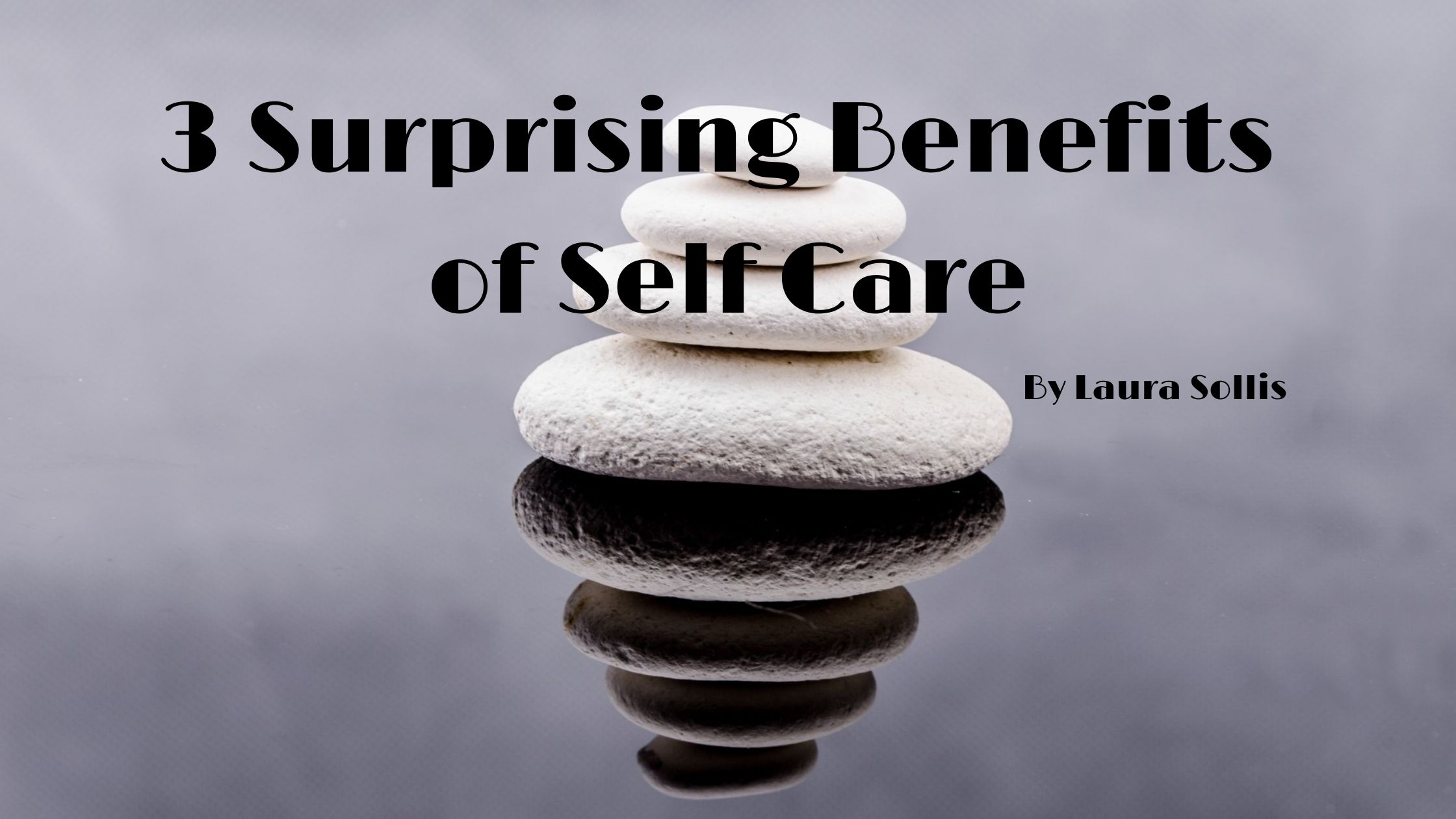The Benefits of Self-Care: Achieving Optimal Well-being
Self-care is an essential practice that allows individuals to prioritize their physical, mental, and emotional well-being. In today’s fast-paced world, it is easy to neglect our own needs amidst the demands of work, family, and social obligations. However, by incorporating self-care into our daily routines, we can cultivate a healthier and more balanced lifestyle.
Enhanced Physical Health
Engaging in self-care activities has numerous benefits for our physical health. Regular exercise, for example, improves cardiovascular health, strengthens muscles, and boosts energy levels. Additionally, proper nutrition and adequate sleep are fundamental aspects of self-care that contribute to overall well-being. By taking care of our bodies, we can prevent illness, increase longevity, and enjoy a higher quality of life.
Mental and Emotional Well-being
Self-care plays a crucial role in maintaining optimal mental and emotional well-being. It provides an opportunity to reduce stress, manage anxiety, and improve our overall mood. Engaging in activities such as meditation, journaling, or practicing mindfulness can help calm the mind, enhance self-awareness, and promote emotional stability. By prioritizing self-care, we can better cope with life’s challenges and cultivate a positive mindset.
Improved Productivity and Focus
Contrary to popular belief, self-care is not a selfish act. It can significantly enhance our productivity and focus. When we neglect our own needs, we may experience burnout, fatigue, and decreased motivation. By incorporating self-care practices into our routines, we recharge our energy levels, improve concentration, and boost creativity. Taking short breaks, engaging in hobbies, or spending time in nature can all contribute to increased productivity and overall success.
Strengthened Relationships
Self-care is not only beneficial for our well-being but also for our relationships with others. When we prioritize self-care, we are better equipped to meet the needs of our loved ones. By taking care of ourselves, we can establish healthy boundaries, communicate effectively, and engage in meaningful connections. Nurturing our well-being allows us to show up as the best version of ourselves in our relationships, fostering deeper connections and mutual support.

In conclusion, self-care is a vital practice that should be integrated into our daily lives. By prioritizing our physical, mental, and emotional well-being, we can experience enhanced overall health, improved productivity, and strengthened relationships. Investing time and effort into self-care is not only beneficial for ourselves but also for those around us. Let us embrace self-care as an essential component of achieving optimal well-being.
Frequently Asked Questions
1. What is self-care?
Self-care refers to the practice of taking actions to maintain and improve one’s physical, mental, and emotional well-being.
2. Why is self-care important?
Self-care is important because it helps reduce stress, improves overall health, boosts self-esteem, and enhances productivity and creativity.
3. How can self-care benefit my physical health?
Engaging in self-care activities such as exercising regularly, eating nutritious food, and getting enough sleep can improve your physical health by boosting your immune system, increasing energy levels, and reducing the risk of chronic diseases.
4. What are the mental health benefits of self-care?
Self-care can have positive effects on mental health by reducing anxiety and depression symptoms, improving mood and self-confidence, and providing a sense of control and relaxation.
5. Can self-care help in managing stress?
Yes, self-care practices like meditation, deep breathing exercises, and engaging in hobbies can effectively reduce stress levels and help you better cope with daily challenges.
6. How does self-care contribute to work-life balance?
By prioritizing self-care, you can maintain a healthy work-life balance, preventing burnout and increasing job satisfaction. It allows you to recharge and focus on activities outside of work that bring you joy and fulfillment.
7. What are some self-care activities I can incorporate into my routine?
You can include activities such as taking walks in nature, practicing mindfulness or yoga, reading, journaling, spending time with loved ones, or indulging in hobbies that bring you happiness.
8. Is self-care selfish?
No, self-care is not selfish. It is essential for your overall well-being and enables you to be more present and available for others in your life.
9. How can self-care improve relationships?
When you take care of yourself, you are better equipped to nurture and support your relationships. By prioritizing self-care, you can reduce stress, improve communication, and cultivate a healthier connection with others.
10. How can I start practicing self-care?
You can start practicing self-care by identifying activities that bring you joy and relaxation, creating a self-care routine, setting boundaries, and making time for yourself regularly.




